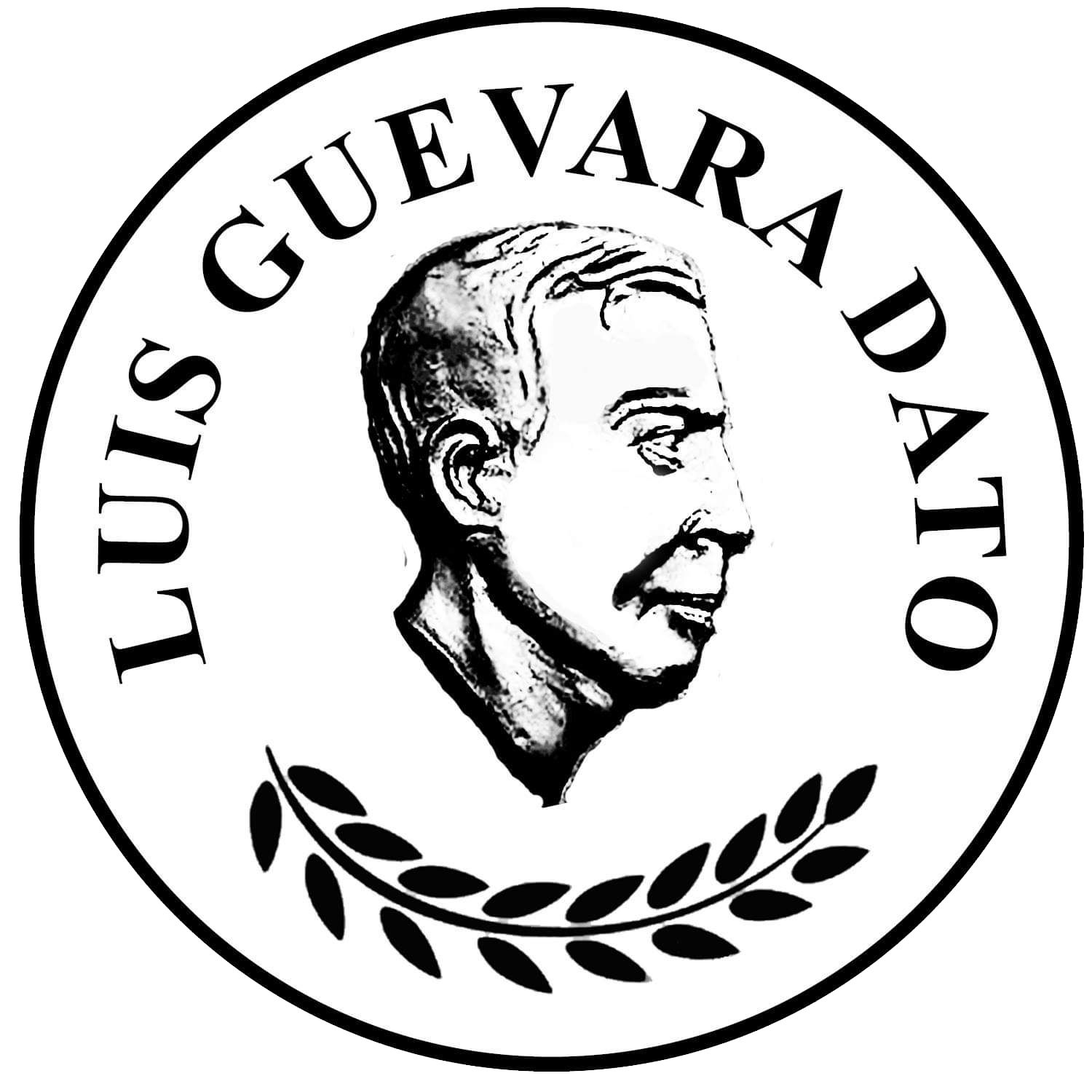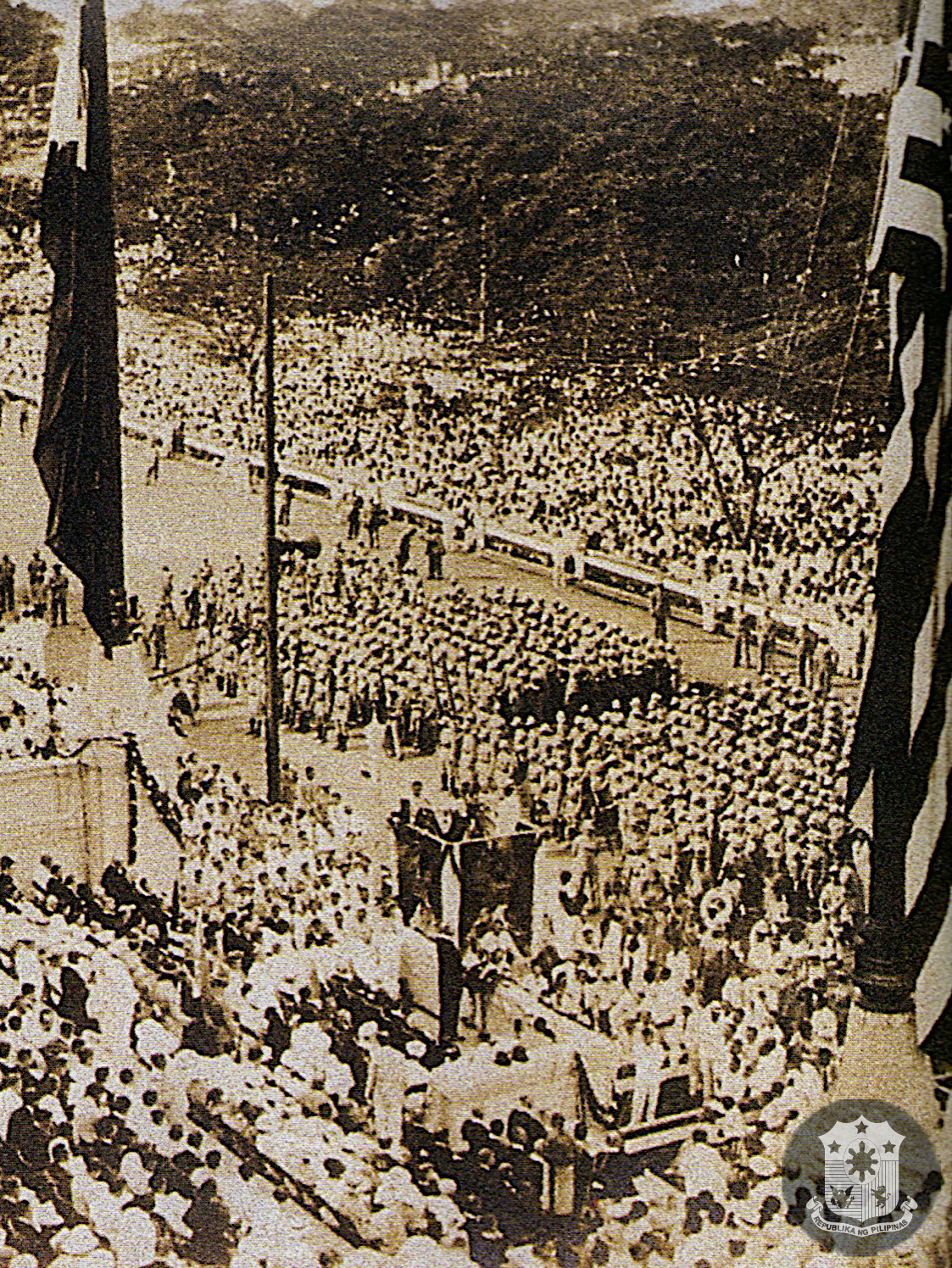A news archive from The Tribune dated July 15, 1933 about Luis G. Dato’s position on the Hare–Hawes–Cutting Act. He felt that a plebiscite is necessary for the Act to be accepted or denied by the Filipinos.
“The Hare–Hawes–Cutting Act was authored by South Carolina Representative Butler Hare, Missouri Senator Harry Bartow Hawes and New Mexico Senator Bronson M. Cutting. It passed by the United States Congress in December 1932, but was vetoed by U.S. President Herbert Hoover. Congress overrode the veto on January 17, 1933. The Philippine Senate was required to ratify the law. With leaders such as Manuel L. Quezon opposing it, the Philippine Senate rejected the bill.” — Wikipedia
Tribune (Philippines : 1932 – 1945), Saturday 15 July 1933, page 4
By LUIS DATO
It is the opinion in certain sections of the country that it is not necessary for Messrs. Osmena, Roxas, Quezon, et al, to resign their positions if only for the purpose of showing the people that the acceptance or rejection of the Hawes-Hare-Cutting Act is more important than their own leadership. The people know it, and will act accordingly, if they are not deprived by the legislature of their rights, in spite of the very unhappy fact that at times Mr. Quezon places more emphasis on whether his instructions were obeyed by the mission and Senator Aquino or not, instead of attacking the bill on the merits.
Our leaders have accepted the party system, wisely or unwisely, and it is not fair to democracy that they should accept it in parts only, and as they choose. One of the cardinal tenets of such a system is that each party defines its stand on the fundamental question, fights for it, and when defeated resign from power if in power. It would be putting a frivolous, fallacious interpretation to the democratic principle of equality and equal opportunity if our leaders on the very eve of the battle for decision should I give up and quit their posts for the purpose of giving the lesser lights a chance. The people are divided widely on the act. A considerable element know the reasons for their stand. The by far larger number however are not in such a position. It is the business of the public leader to offer his stand to this mass, and to give his leadership as security for the sufficiency of the reasons for his stand. In their inability, his conclusions stand as substitute. He is moreover duty-bound to resign should he lose his case. For such leaders to shirk this task, and duck this responsibility, is a betrayal, and destroys completely the justification for the existence of his leadership.
Mr. Osmena and Mr. Quezon, and the rest, therefore, should fight it out, and if need be, to the bitter end. The interpretation that we should put to the plea for national unity is not that we should have unity of opinion on the HHC though of course that would be an ideal condition, but rather a national willingness to abide by the will of the majority when the people by plebiscite or through a convention should emit its opinion.
It is to be rejoiced that Mr. Quezon has taken the stand he has taken. He is the only man who could have taken it without injury to the cause. It Is a very weak stand on the merits, and also from the point of view of the opposition line-up, as well as Mr. Quezon’s record and personal qualities. Moreover, the American press, predominantly in America, and unanimously In the Philippines, against independence, as Mr. Quezon understands it, is also against the HHC a sufficiently damaging circumstantial evidence on the face of it, without mentioning the Hoover cabinet, and even without calling notice to the fact that the arguments of the editorials are mainly the same as before, namely, opposition against the withdrawal of America from the Orient. It is easy to imagine a Quezon stumping for the HHC and representing it as a substantial compliance with the demand for “immediate, complete, and absolute” independence, and the promise of the preamble of the Jones Law of unhappy memory, glossing over the admitted minor imperfections instead of magnifying them, and by oratory and the power of mass suggestion, and an appeal to the memories of the people, win their support so completely that there would be no use for constitutionalist distinctions between plebiscite, convention, or legislative resolution. But a Quezon waging a legalistic war of analysis, metaphysics, coordination, exception, and implication, etc., etc.— that is a bit out of focus.
But It is nevertheless an ideal minority stand. It covers a multitude of sins. It is very shameful to achieve independence in a very un-orthodox, unromantic fashion, without the beating of drums and the striking of colors of the vanquished enemy. Without the help of some kind of legal fiction, it becomes so novel a procedure that Prof. Sinco doubts whether it were possible, since sovereignty is indelegable. But it is not only possible, but has happened, a case, however, not of delegation of sovereignty, but of the withdrawal of sovereignty, as the law, in the clearest and simplest words of the English language, expressly declares. Mr. Quezon adds the needed touch of dignity to this rather inglorious act of “acceptance.” But it is an ideal stand only as a minority stand, and the Lord himself had need to save us if on July 17, it should become a majority stand. We demand a plebiscite as a matter of right. That was the procedure followed after the World War in determining the political status of certain territories. It is not illegal. and Prof. Sinco is not supported by any authority when he says that the HHC which repeals the organic act is merely a municipal charter. There is no express prohibition to it in the law, and if we follow it in its spirit, it seems incredible that a plebiscite should act on the commonwealth constitution which is primarily the work of Filipinos and only secondarily of Americans, and the same method be prohibited in passing upon the HHC which is the work primarily of Americans and only secondarily of the mission. At any rate, it is a matter of complete indifference to Congress who accepts the law, legislature, convention, or plebiscite, the only important thing being that the Filipinos themselves consider the acceptance valid and binding upon themselves. It only adds to the amusement of foreign observers that some who have always insisted on the political capacity of the people, and are willing to spend millions for ordinary elections should object to the plebiscite on grounds of. expenditure and because “the people would not be able to vote intelligently on a question in which the leaders themselves are confused.”
Let us have the plebiscite because that is a fitting introduction to the change of state. Let us make an early acquaintance with this direct voice of the masses, because in our life as an independent nation, we shall have recourse to it in important moments. And let there be no resignations just yet. Of course one party may anticipate — but not both. Both cannot be wrong at the same time.


